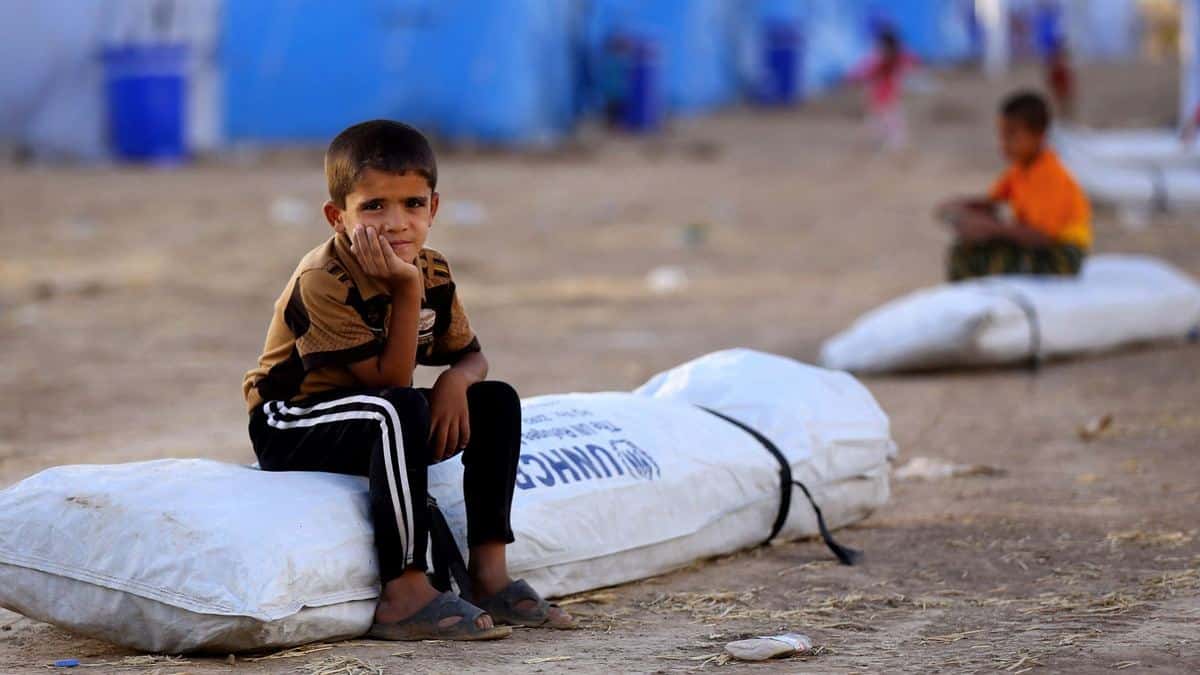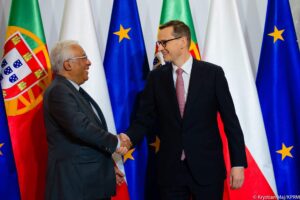Earlier this week the press claimed Portugal was taking in ‘between 50-60’ unaccompanied migrant children from refugee camps in Greece. Now the number has increased to 500.
Reports have explained this exponential leap as a “positive response” to a call for help from the Greek government.
Explained Minister of State for the Presidency Mariana Vieira da Silva, the taking in of the children is ‘temporary’ and expected to last from between three to six months.
The intention is to give them “all the support and initial intervention that they need and later send them to a response that better suits their profiles, expectations and the ages that they have”.
Authorities have been struggling to protect over 5,200 minors currently living in terrible conditions in Greek camps. The request to European partners to take in 1,600 ‘as soon as possible’ came in this context.
But there are a lot of ‘grey areas’ for Portugal in this undertaking.
PSD MP Lina Lopes, for example, recalled the last batch of migrant minors under the guardianship of the Portuguese State.
Several “simply disappeared” (click here). What is to say this won’t happen again?
Ms Vieira da Silva insisted the government “has learnt from the experience” and designed a new programme for looking after young migrants/ refugees as a result.
Having said this, however, she stressed “reception structures are not prisons and we are not prepared to consider a model in which young people who have been through very difficult situations in respect of the feeling of imprisonment find these conditions reproduced here in Portugal…”
Portugal’s new ‘model’ for supporting these minors will be tested from June when the first 25 are set to arrive.
The minister said the idea is not for these youngsters to stay institutionalised, but to ‘pass through foster families’.
Here she stressed that “their ages will have to be taken into account”.
Nonetheless, there is another ‘grey area’: the question of whether these young people (particularly the teenagers) will want to stay in Portugal.
This was brought up by both left wing and centre right MPs this week, who stressed that the “great majority” of refugees taken in up till now have all tried to get to other European countries.
Answering the questions, Foreign affairs minister Augusto Santos Silva said they were “not an area of (his) competence”.
He did refer however to the programme for educating and supporting students from Syria – promoted by former president Jorge Sampaio – highlighting its importance in preparing young people who have every intention of returning to their homeland once the war there is over in order to help rebuild it.
Other countries responding to the Greek government’s request are Belgium, Bulgaria, Croatia, Finland, France, Ireland, Lithuania, Germany and Luxembourg.




















